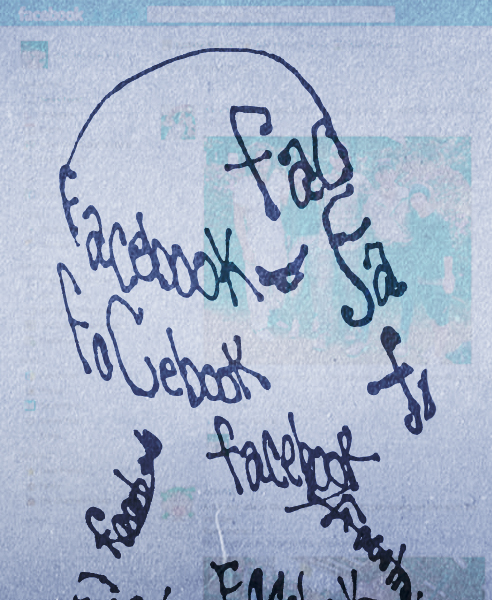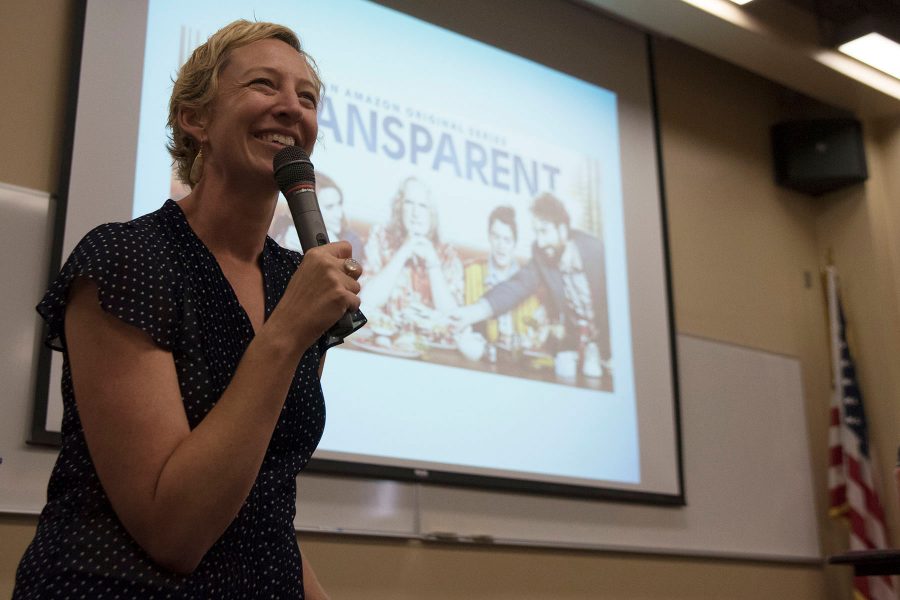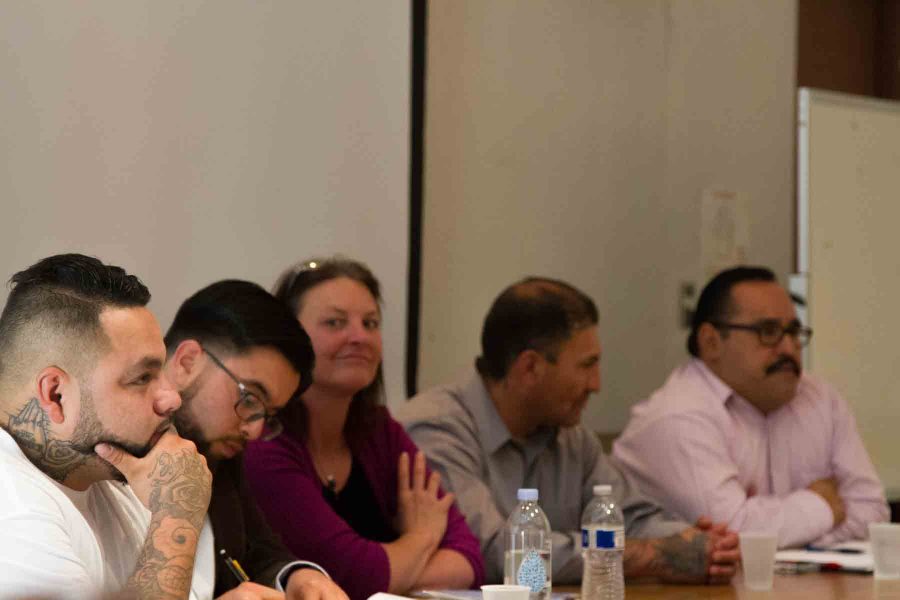 I first met my friend Zach in middle school. He wore a “Vote for Pedro” t-shirt and a custom-made Ash Ketchum cap unironically. It was the dumbest thing I’d ever seen. We got along extremely well.
I first met my friend Zach in middle school. He wore a “Vote for Pedro” t-shirt and a custom-made Ash Ketchum cap unironically. It was the dumbest thing I’d ever seen. We got along extremely well.
He was particularly introverted and dropped out of high school after his freshman year. No one could get in contact with Zach after that.
Eventually, he deleted his Facebook page and consequently committed social suicide. Zach was the pioneer of this trend. Everyone accepted that he was henceforth as good as dead or indefinitely missing. He became the high school equivalent of living off the grid. No one knew where (or who) he was because he did not have a Facebook account.
Zach simply did not exist anymore.
Social media, predominantly Facebook, has posted a stake in our culture and drastically changed the way we communicate with one another. A study on Internet addiction showed that 57% of those surveyed “talk to people more online than they do in real life.”
Mark Zuckerberg and a little bluebird control the way we communicate today. This obviously is not breaking news, but on Oct. 4, Facebook reached one billion users; now one out of every seven people in the world have a Facebook page.
Our attachment to social media has been referenced as the culprit in several studies linked to depression, psychosis and other mental disorders.
In January, Chinese researchers did a study on Internet Addiction Disorder (IAD) and found “abnormal white matter” in their subjects’ brains and extra nerve cells built for speed, rapid attention, and executive function.
In the last decade, obsessive-compulsive disorder and attention deficit hyperactive disorder diagnoses have risen 66 percent. Other researchers found that there is a direct relation between constant Internet usage and serious depression.
Case Western Reserve University researchers found a connection between heavy use of texting and social media usage with stress and thoughts of suicide.
This is especially relevant for teenagers, for whom social networking can be detrimental, since struggling with a digital identity consumes valuable attention when actual identities are changing.
Facebook has even warped universal romance: relationships are now based on an inherently digital foundation. A relationship’s status on Facebook has become emblematic of its functionality. The relationship essentially is not real and does not have any merit until it is stamped with the official certification online.
I deactivated my Facebook to the extent that I can. I don’t look back much, as a rule. Now that I’m free, I can worry about other things. Despite the fact I was risking losing my sanity or happiness with my extreme Internet usage, my deactivation may have been a big mistake.
Employers now avoid hiring anyone who does not have a Facebook account because it makes them seem suspicious. It is the second most-common social networking website (second only to LinkedIn) that employers use to screen job candidates according to a graph by the Society for Human Resource Management.
Employers are immediately suspect of candidates without a page to quickly and simply define them. Without a Facebook page, I could potentially be a serial rapist, a methamphetamine producer, a neo-Nazi, a Scientologist, or, worst of all, a flaky employee. However, I’m the least suspicious person I know; the only thing that should be on my record is a warning for jaywalking I received this summer in Portland, OR.
Whether I am on Facebook shouldn’t be a defining characteristic of who I am. I don’t need a Facebook to be normal, but it doesn’t hurt.
There are sensible, not-at-all psychopathic reasons why someone doesn’t need a Facebook: to hold privacy close, to avoid the time-vacuum it can become, or to finally get rid of the unnecessary contact with the uninteresting people from high school (and their cats).
“Deactivation” on Facebook doesn’t really mean much. All my information is still stored somewhere, and everything is as it would be if I were to log back in. The catalyst that led to my faux-deactivation was the fact that online social networking has overtaken actual human interaction. The only reason people know that others exist is directly related to how frequently they update their page.
In his book “Eating the Dinosaur,” journalist Chuck Klosterman asks, “Do I want to be presented in a way that I would like to be seen? Of course, but ‘the way that I would like to be seen’ would almost certainly be an inaccurate, delusional depiction of who I actually am.”
Naturally, this quote was pulled from an essay about interviewing, but this can also be applicable to Facebook.
It eloquently reinforces my point: the website complicates self-perception and how people perceive everyone else. With a page, one has to create a subjective, online persona that complements his or her tangible, human persona, and the two must coexist without contradiction. It’s a good thing no one ever tells lies on the Internet.
Facebook isn’t even a remotely valid representation of who I am. I could, and did, openly lie about who I am online.
Since I deleted my account, I now have time to do other things, like tweeting, because apparently that’s something we do now.
Aldous Huxley described a hedonistic society that is constantly tuned to a pursuit of immediate happiness in his possibly overanalyzed novel “Brave New World.” His objective was to show that constant ecstasy could be our downfall.
Today, we’re constantly craving everything pleasurable. We are pushing our serotonin buttons repeatedly and wondering why we subsequently become depressed. Just as with everything you love, you will inevitably find a flaw. The things we love can be our undoing.
Newsweek Magazine: Is the Internet Making Us Crazy?
Dalai Lama tells his Facebook friends that religion ‘is no longer adequate’ (article from Sept., 2012)













